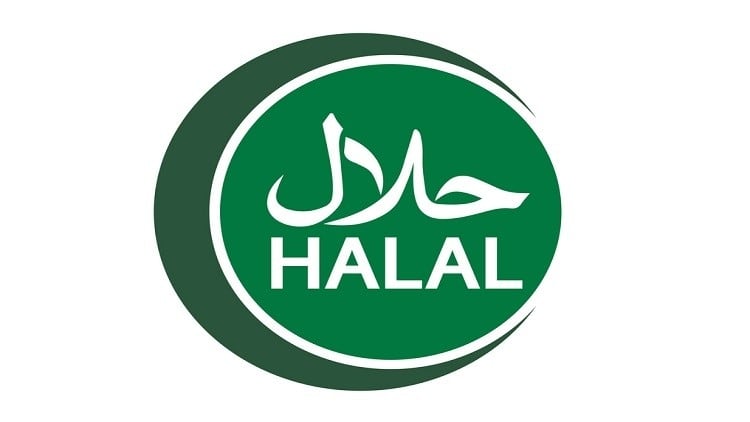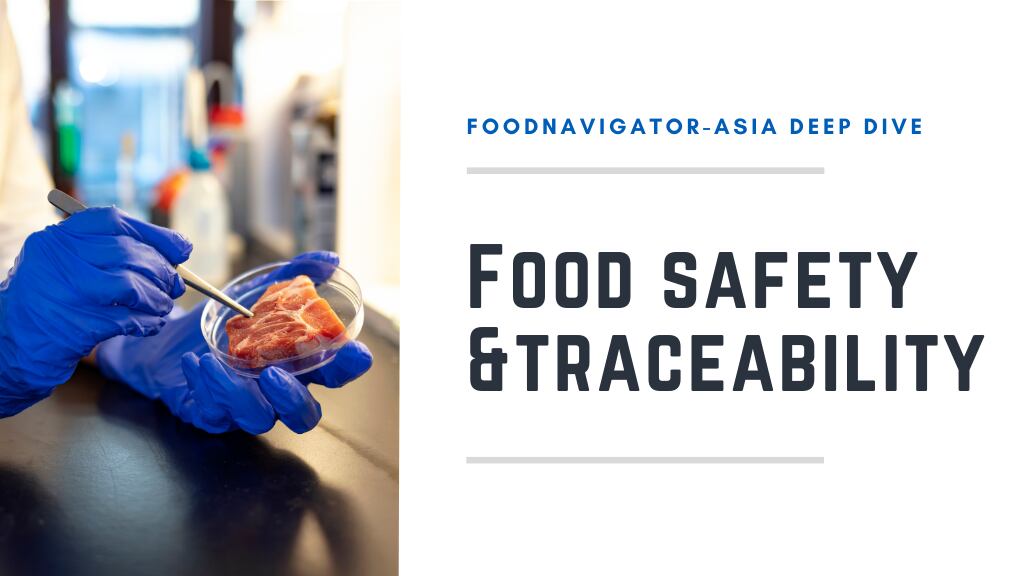CP Foods announced its in-house CPF Digital Traceability system back in 2015, and has also been actively integrating the use of blockchain technology into its system for several product categories over the past few years.
“The quality and safety of food products is our top priority [and we realized that] blockchain traceability technology was a [vital step to] accelerate our traceability system,” CP Foods Assistant Vice President for Global Standards System Oraparn Mungmisri told us.
“Blockchain has facilitated consumers’ rapid access to product information by scanning a QR Code on the packaging, [providing them with information on] the origin of the products as well as the certifications for quality and food safety standard and information related to sustainability including GHG emissions.
“This [can contribute] to the company consistently delivering better product value.”
At present, CP Foods has already implemented blockchain traceability technology for the traceability of fresh chicken and pork items, extending this throughout the supply chains for these from raw ingredient procurement all the way to the shipping of these products.
“In 2023, we will also be doing this for our fresh shrimp and cooked foods portfolios,” Mungmisri said.
“The next step will be to establish blockchain-based traceability for all the products we have in all categories in our portfolio.”
In addition to its large animal protein portfolio, CP Foods is very well-known for its packaged ready-to-eat and ready-to-heat product ranges in supermarkets and convenience stores regionally; and especially for its shrimp-based packaged foods in markets such as the United States.
By integrating blockchain into its shrimp business, the plan is to increase consumer confidence in product hygiene and quality for not only Thai consumers or Asian consumers, but all of its consumers in all markets.
“The use of blockchain technology increases consumer confidence in the quality and safety of ingredients, raw resources [used] and goods,” she added.
“[Today, it is an added demand that] none of these much come from deforestation areas, in a bid to pave the way for global food security.”
Although no market or region was specifically named, Mungmisri was likely referring to the European Union’s recent passing of its controversial Deforestation Regulation last year, which would result in added costs for producers exporting food products that contain ingredients from countries with a purportedly ‘high-risk’ of deforestation.
Most of these ‘high-risk’ countries are expected to be producer nations such as Thailand, Indonesia and Malaysia. It has been speculated that this law is likely to cause food price hikes in the future.
Climate change concerns
With animal protein having come under fire at almost every turn in the recent past due to being linked to environmental sustainability concerns including being a potential causal factor of climate change due to methane production, CP Foods is also attempting to tackle this issue from a position higher up in the supply chain by converting suppliers to the sustainability cause.
“We recently held the CPF Capacity Building for Partnership 2022 [with an] emphasis on sustainable partnerships [to] motivate our value chain suppliers to address environmental, social, and corporate governance (ESG) principles in their businesses,” CP Foods COO of Livestock Business Siripong Arunrattana said via a formal statement.
““CP Foods expects [our] suppliers to prioritise smarter and greener operations in line with the current global trend.
“This will [not only] ensure that the company meets worldwide customer demand for products made in an ethical manner, [but also] provide suppliers with new business options for long-term growth.”





